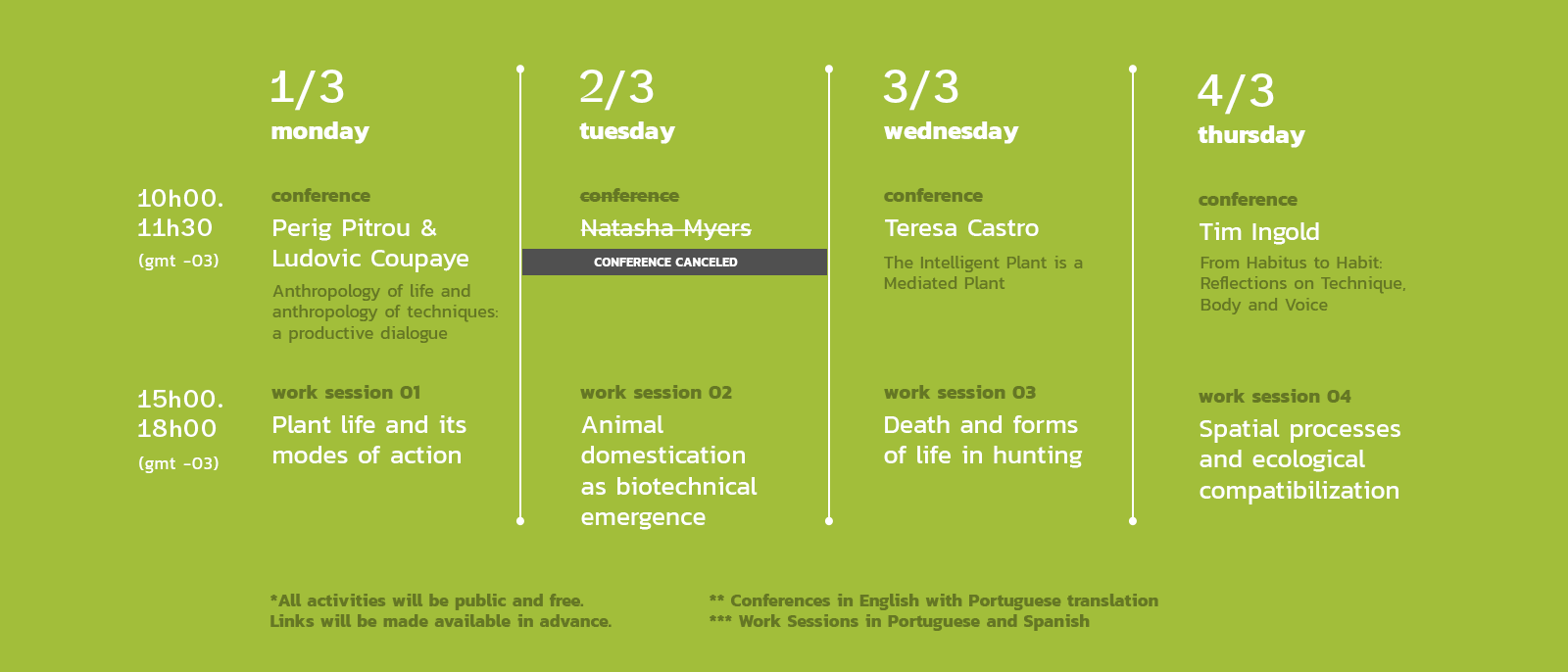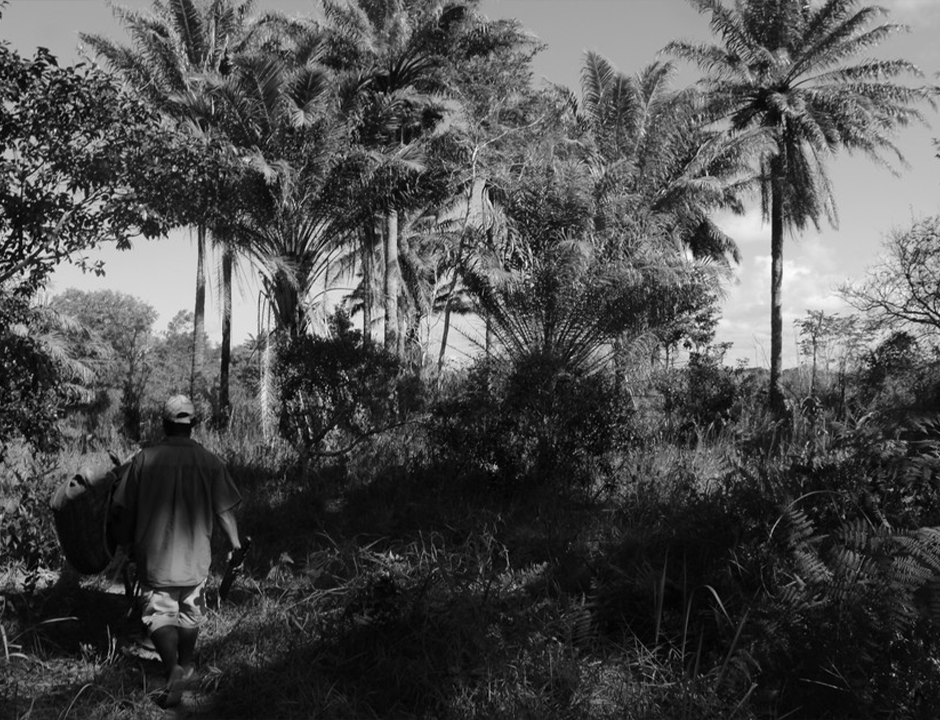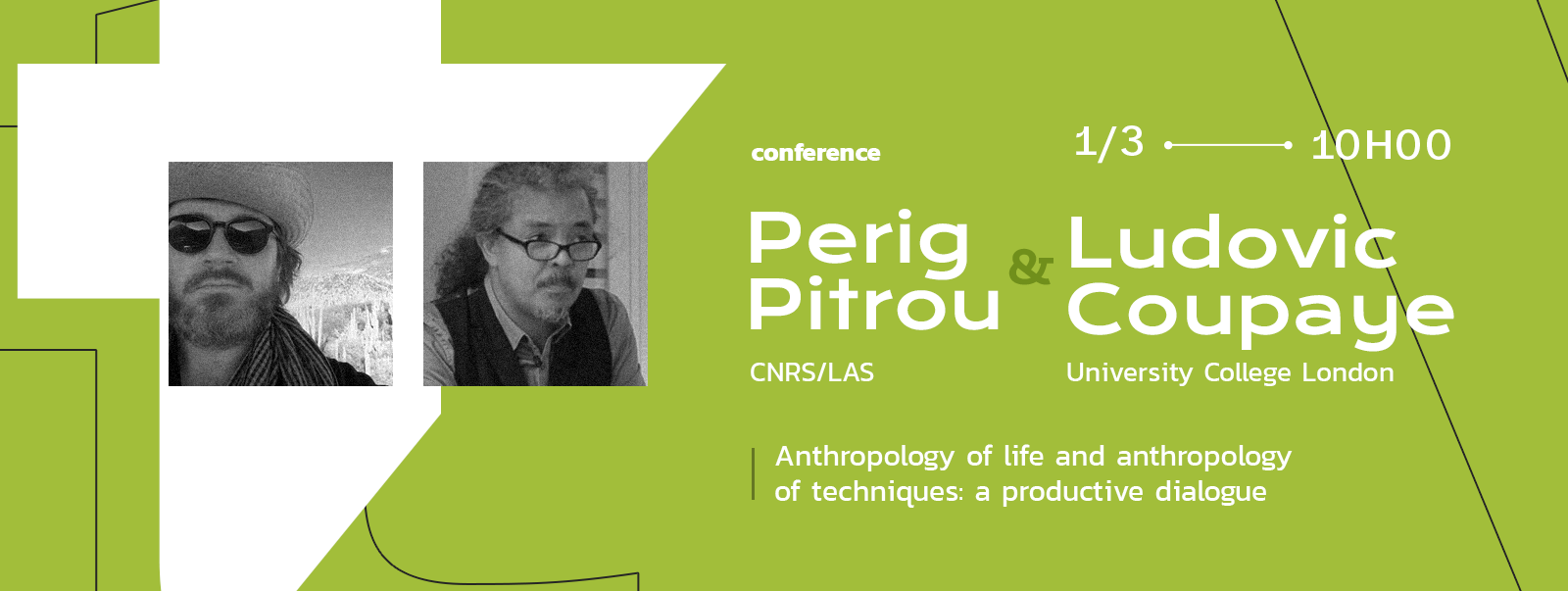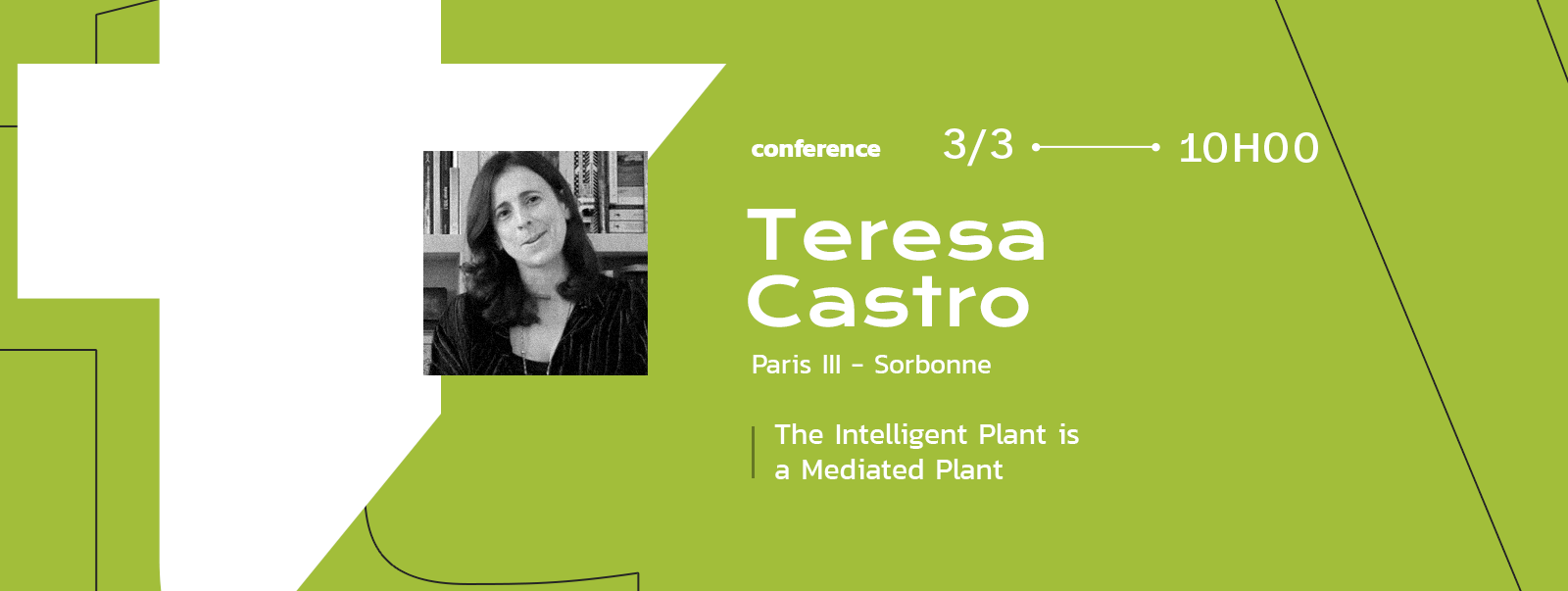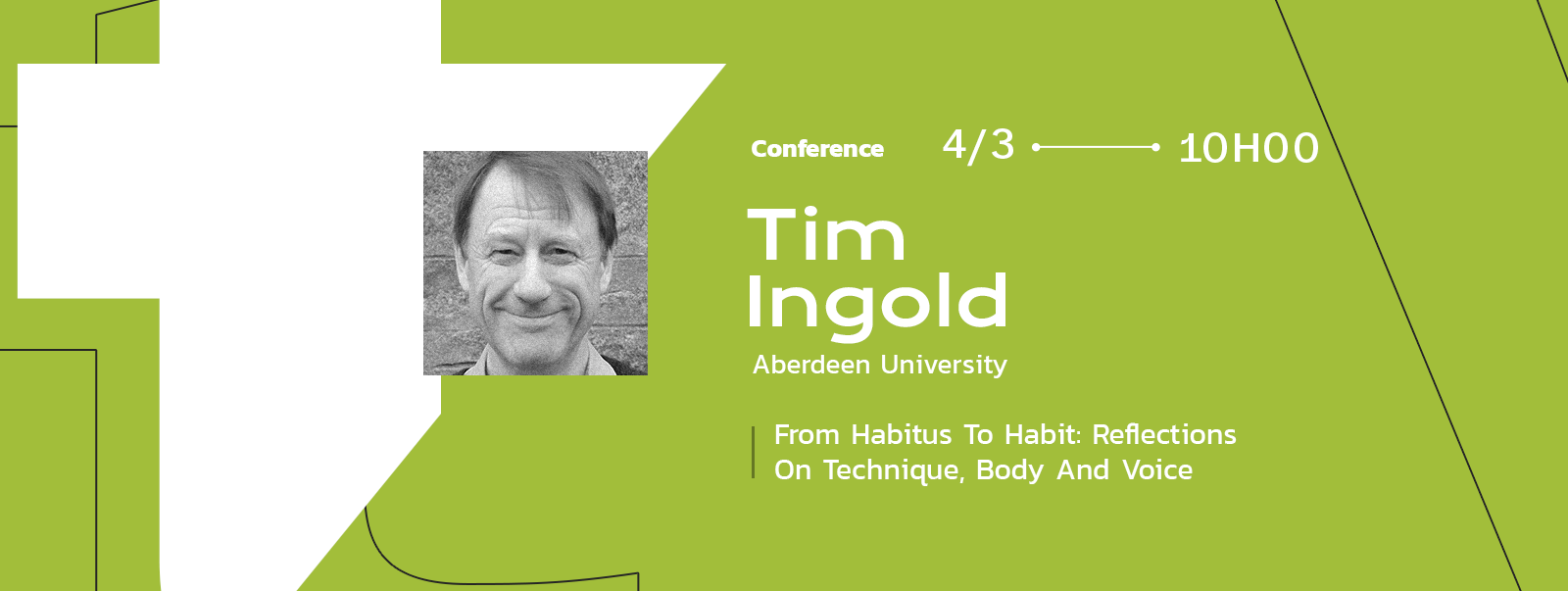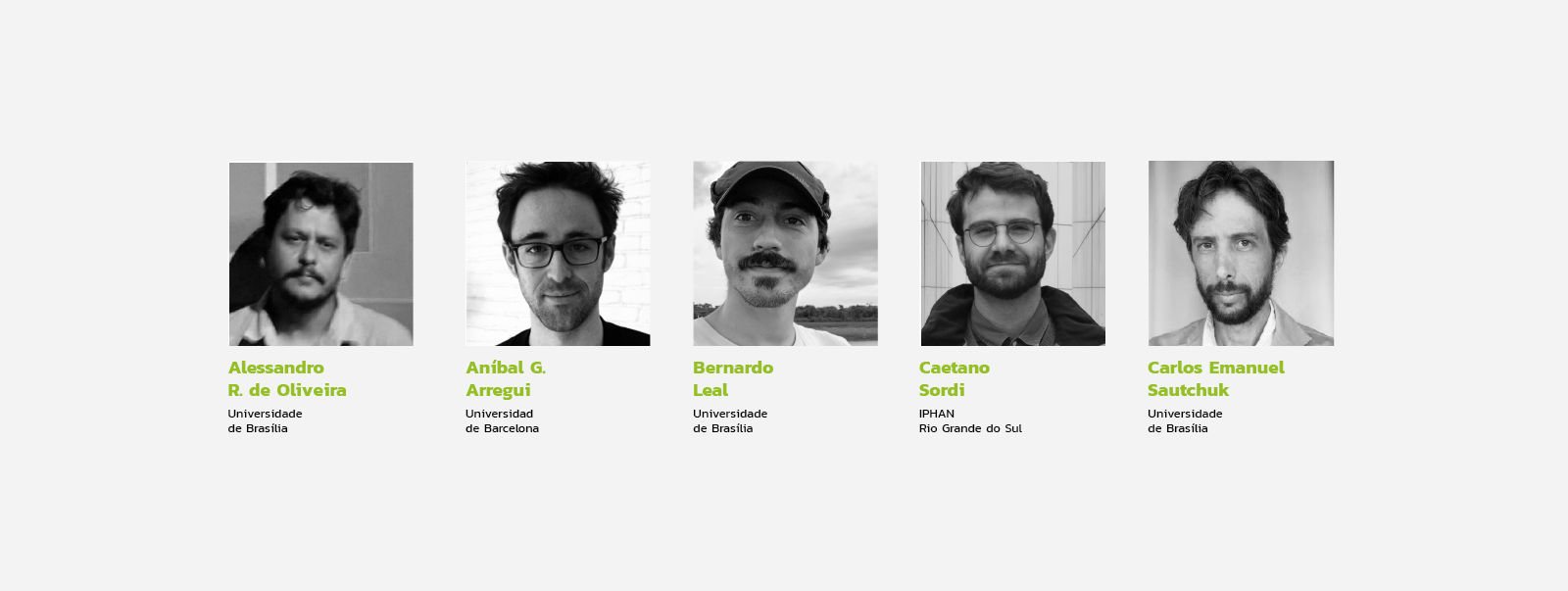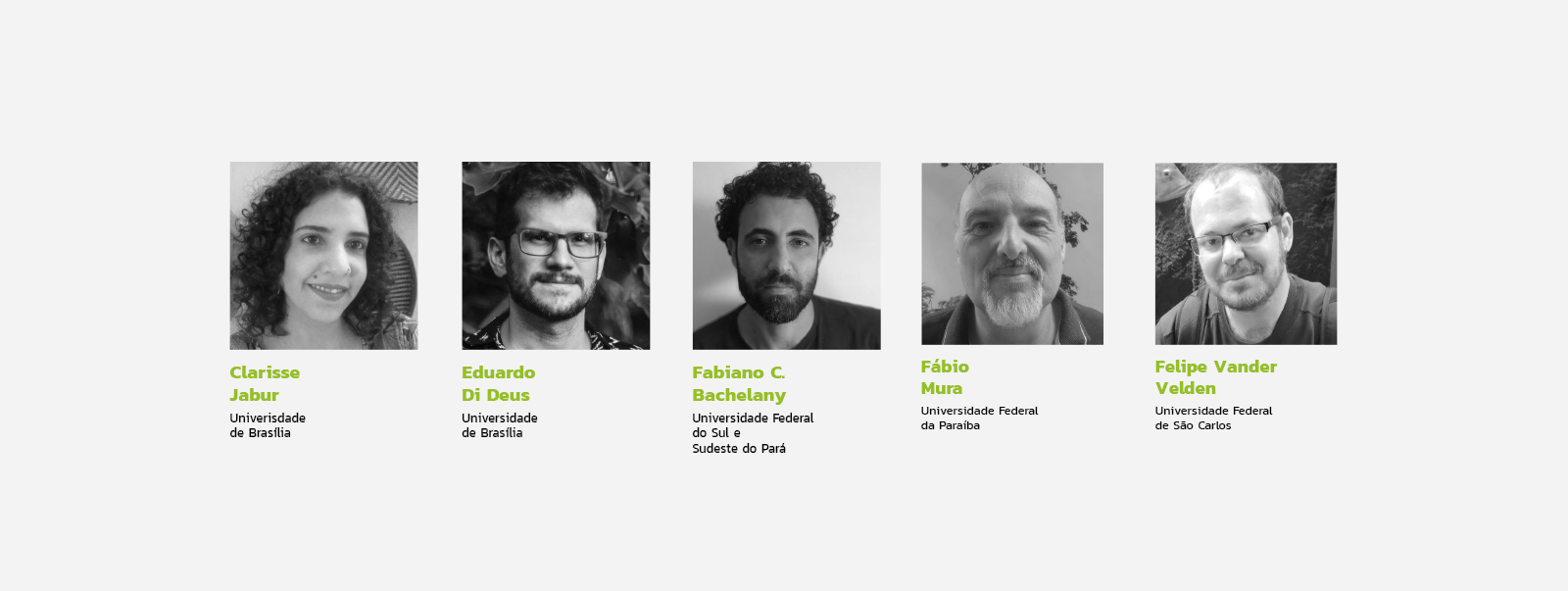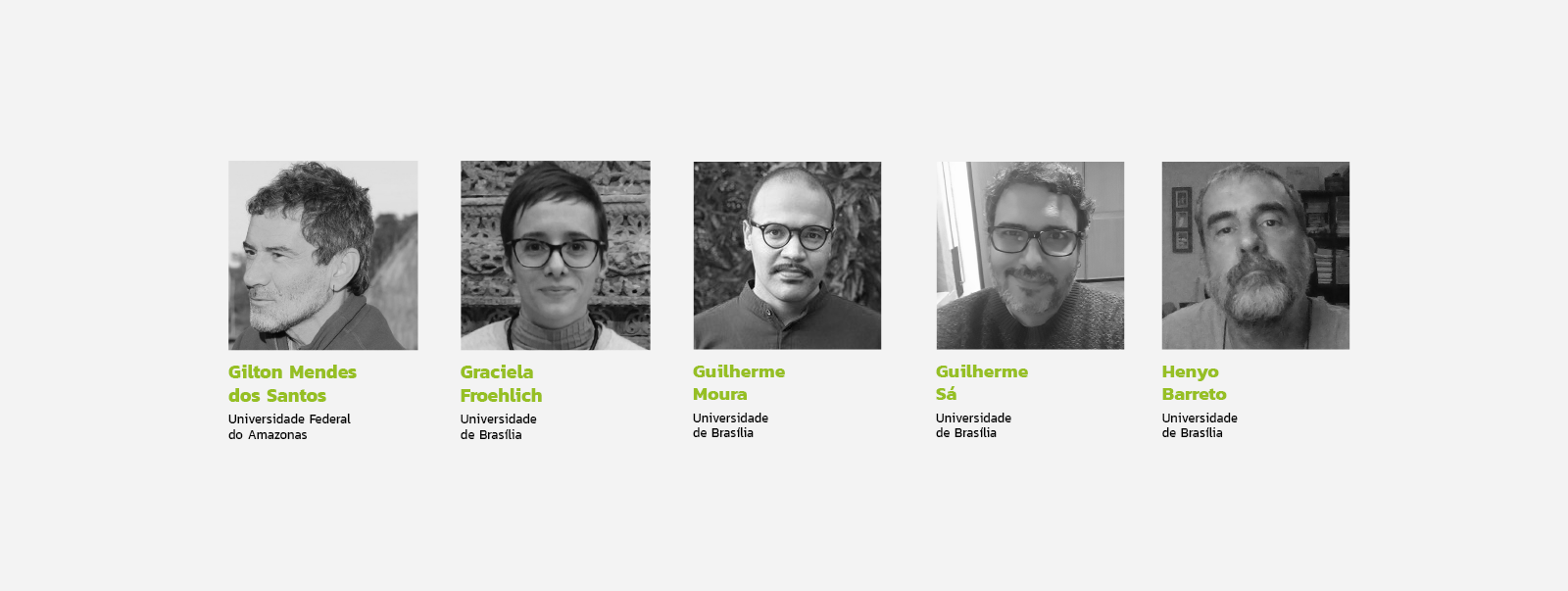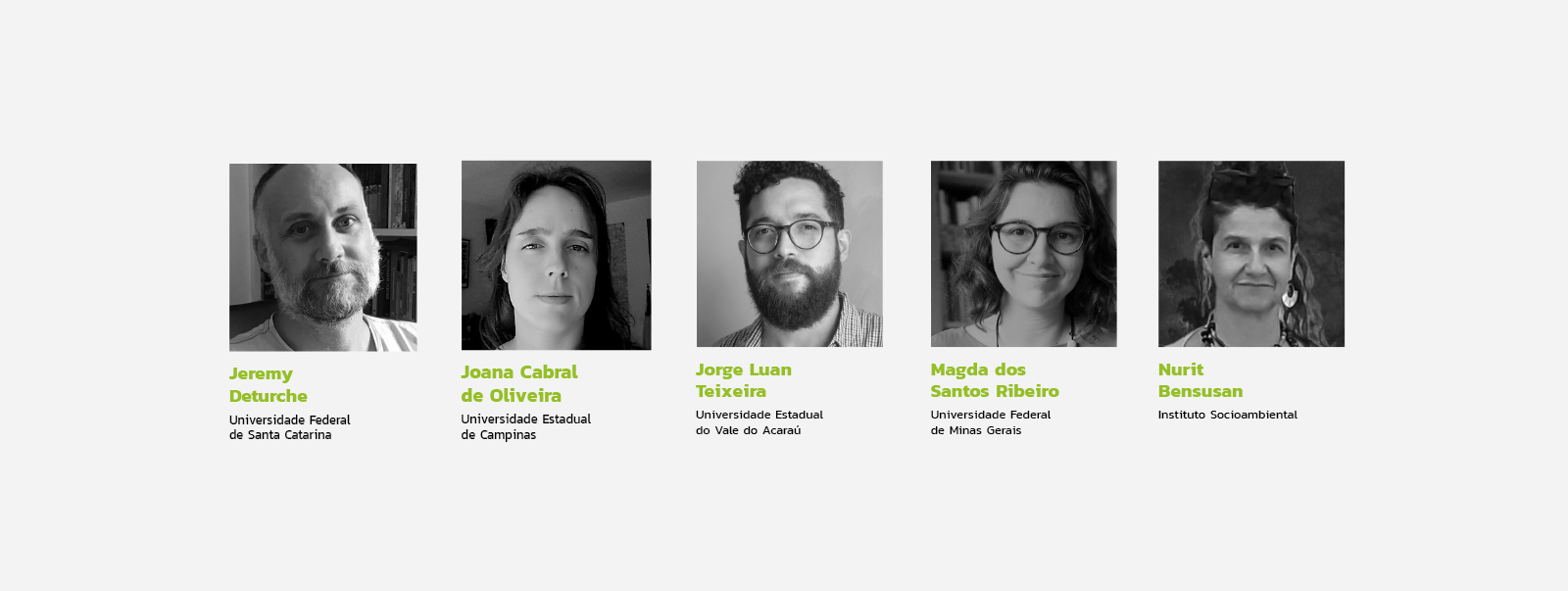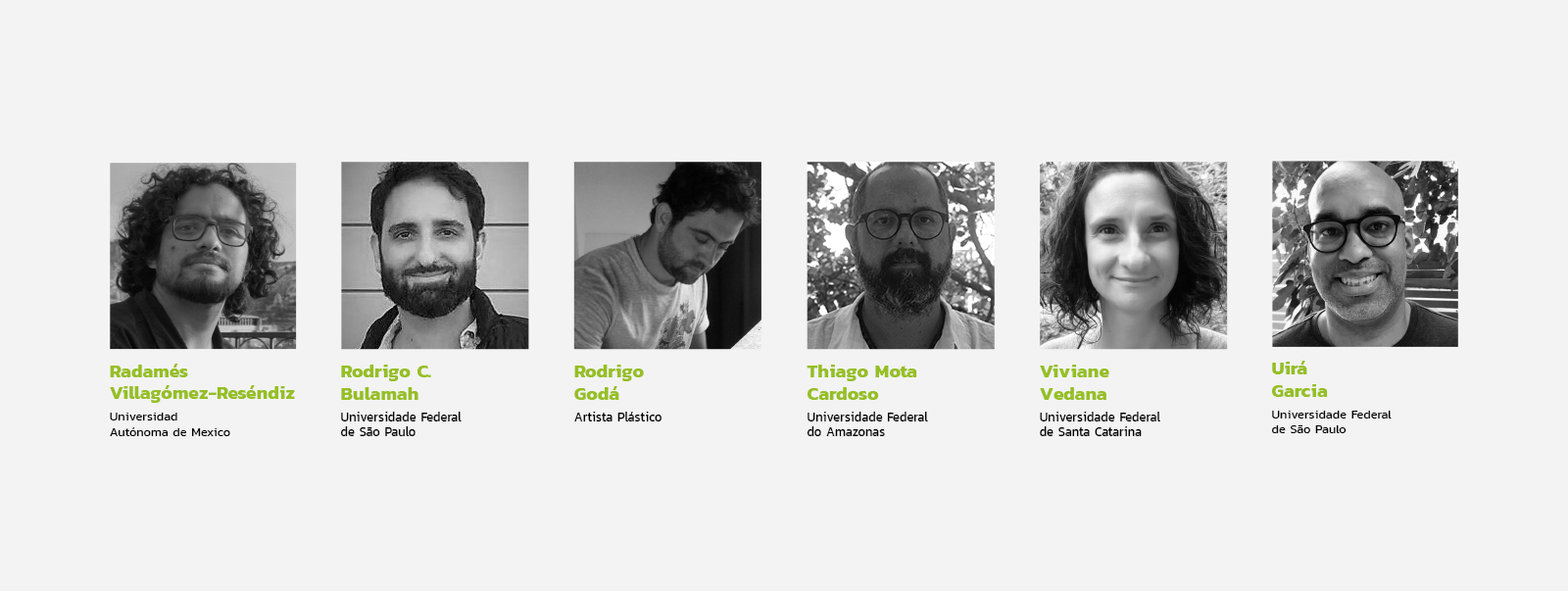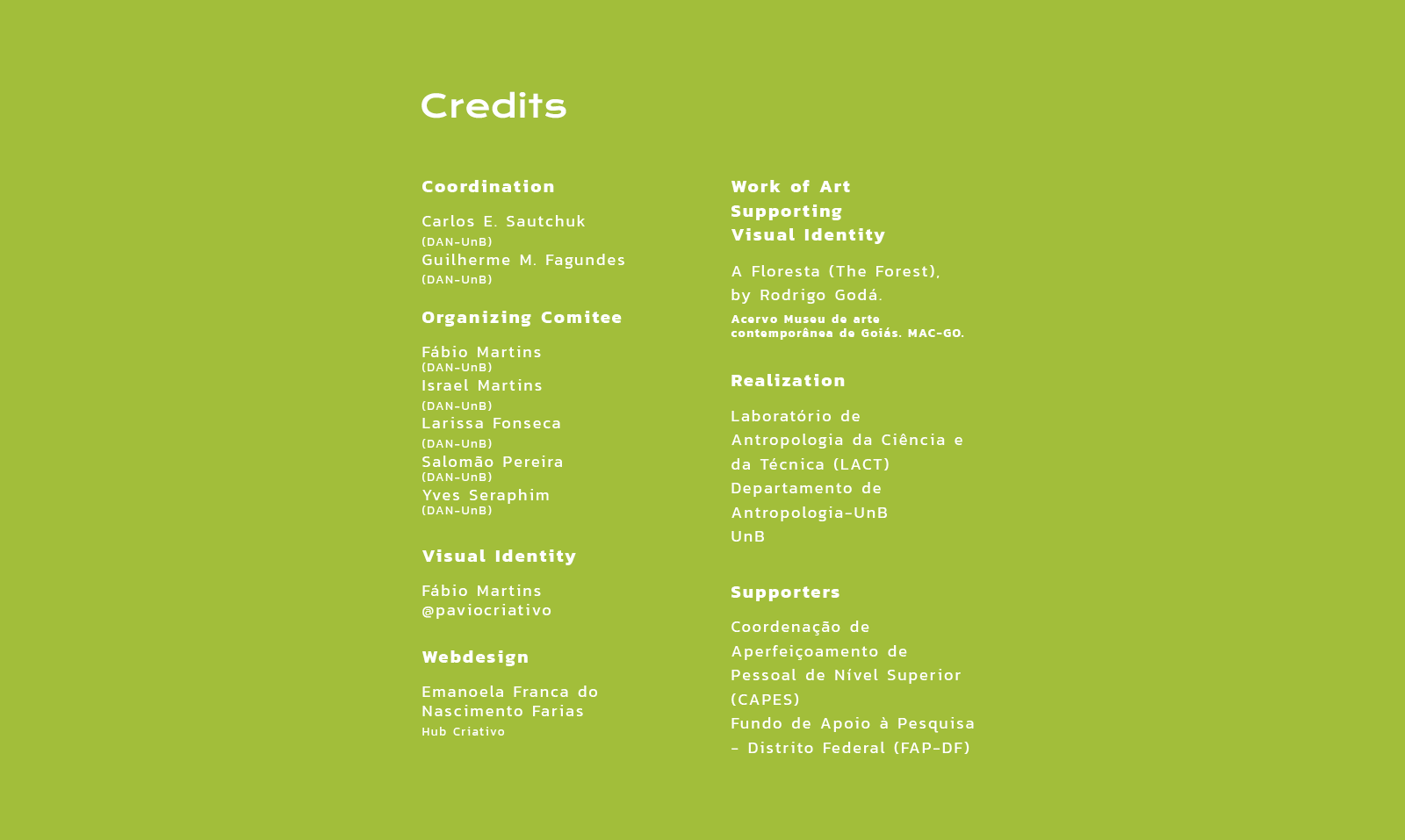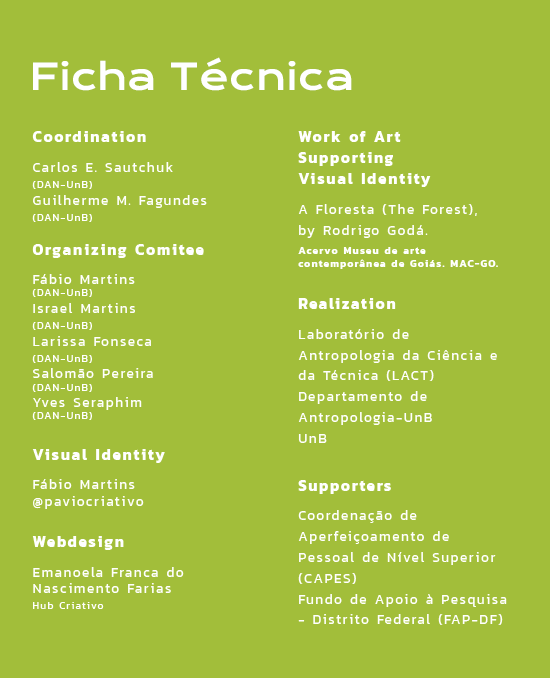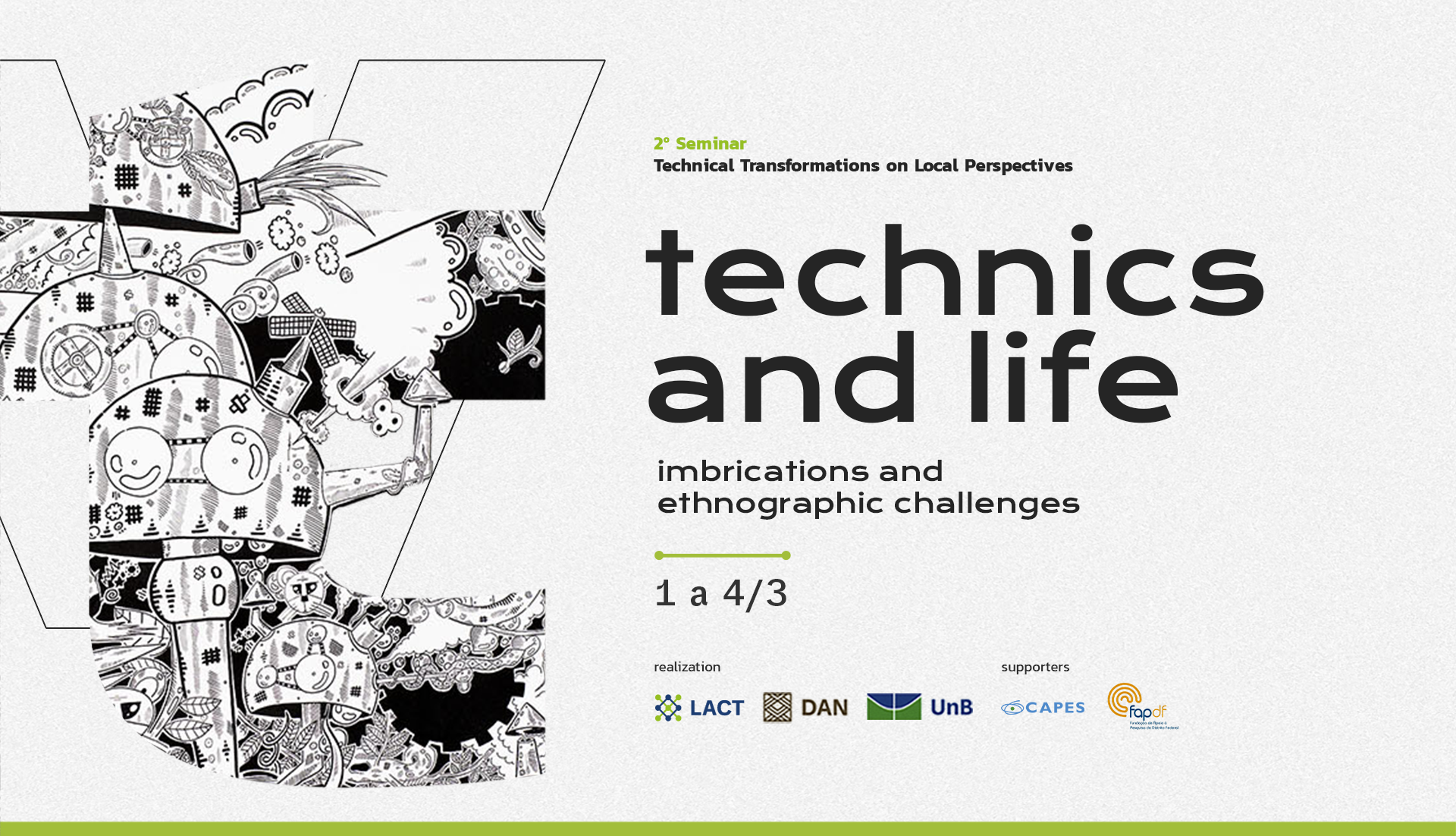
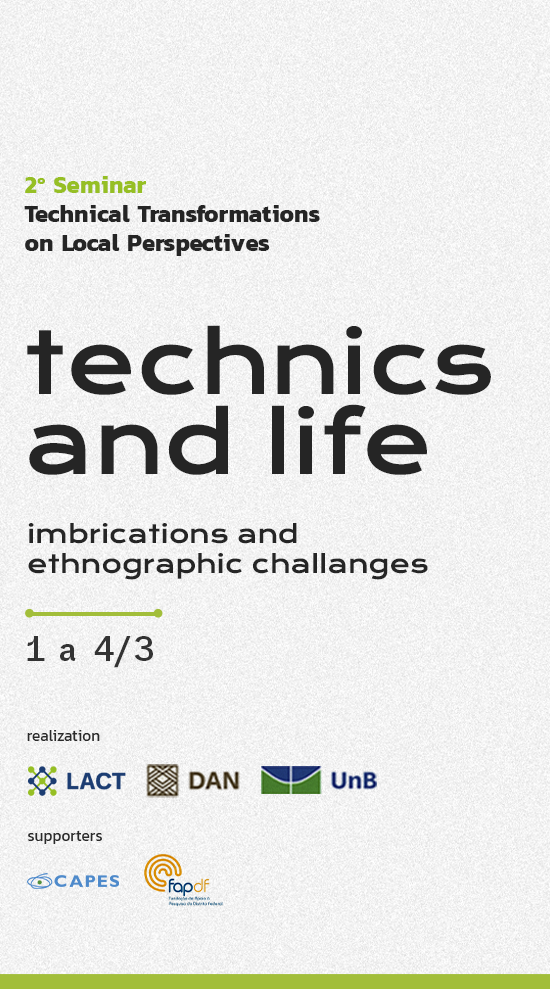
Presentation
The seminar Technique and Life: ethnographic entanglements and challenges is the second to be held in the ambit of the research program TRANSTEC – Technical transformations in local perspectives, which sets out from the premise that envisaging the contemporary world and its crises involves a comprehension of its technical diversity. This in turn requires a critique of the unilinear and anthropocentric notion of technology, founded on two dichotomies: tradition/modernity and nature/culture. Avoiding these rigid frontiers between eras or entities, the notion of technique encompasses relations with objects, beings and spaces, focusing too on its role in the genesis of the properties of human and social life in each circumstance, including regimes of efficacy, values and cosmologies. The empirical approach is central, mobilized through the ethnography of specific technicities and their changes (deriving from innovations, economic frontiers, environmental conservation or crises, and so on). The conceptual base is rooted in the anthropology of technique, maintaining a dialogue with philosophy and other areas. TRANSTEC began in 2012 based on a homonymous research project coordinated by the Anthropology of Science and Technique Laboratory (LACT) at the University of Brasilia. The main results of this project so far have been the publication of a book in Brazil and a special issue of the journal Vibrant in English, as well as articles and films. Currently, the research efforts and academic reflection are focused on the relationship between technique and life, resulting in the proposal of this event.
Coordination
Carlos Emanuel Sautchuk
Guilherme Moura Fagundes
Work Sessions
Monday, March 1st
The supposed absence of movement of plants, contrasted with animal mobility, has already been identified as a factor in the late consolidation of a plant anthropology. Running counter to zoocentric parameters, this session examines the interactions of agricultural cultivation, harvesting and processing to reveal dynamics inherent to plants. Based on four research projects in diverse contexts, the aim is to show how ethnographies of plants can provide us with other models of technical action, as well as amplifying our comprehension of the ways in which life takes shape.
Click here to access the complete information about this Work Session
Tuesday, March 2nd
The intention is to reinvest in the idea of domestication as varied systems of emergent relations. Ethnography will be used to mobilize an approach to humans and animals centred on processes, techniques and affects, allowing us to move beyond a narrow focus on species, whether in substantive states or in the dichotomy between control and autonomy. To this end, we will discuss situations like captivity, ferality and familiarization, but also encompassing humans, societies, artifacts and environments.
Click here to access the complete information about this Work Session
Wendnesday, March 3rd
Death is an unavoidable aspect of hunting. This fact should be taken as a starting point, however, to comprehending the forms of life of animals, humans and other entities involved in it. Widely mobilized at a theoretical level and in the history of anthropology, this session approaches hunting as a contemporary ethnographic theme, focusing on cinegetic activity. In exploring the latter, ethics and interspecific communication and intersubjectivity appear as dimensions associated with significant transformations, ranging from new equipment and methods to the impacts of legal bans and deforestation.
Click here to access the complete information about this Work Session
Thursday, March 4
The spatial dimension of technical activities and vital processes has emerged in contemporary ethnographies through variations in relation to the landscape, the environment and the territory. Reinvigorated by the experience of dwelling, the dynamics of living beings and technical mediations, the theme of space can provide other empirical scales for anthropology, including methodological approximations between ethnography and geography. This session explores the processual aspect of space as a form of renewing approaches to management, administration and other situations of ecological compatibilization.
Click here to access the complete information about this Work Session
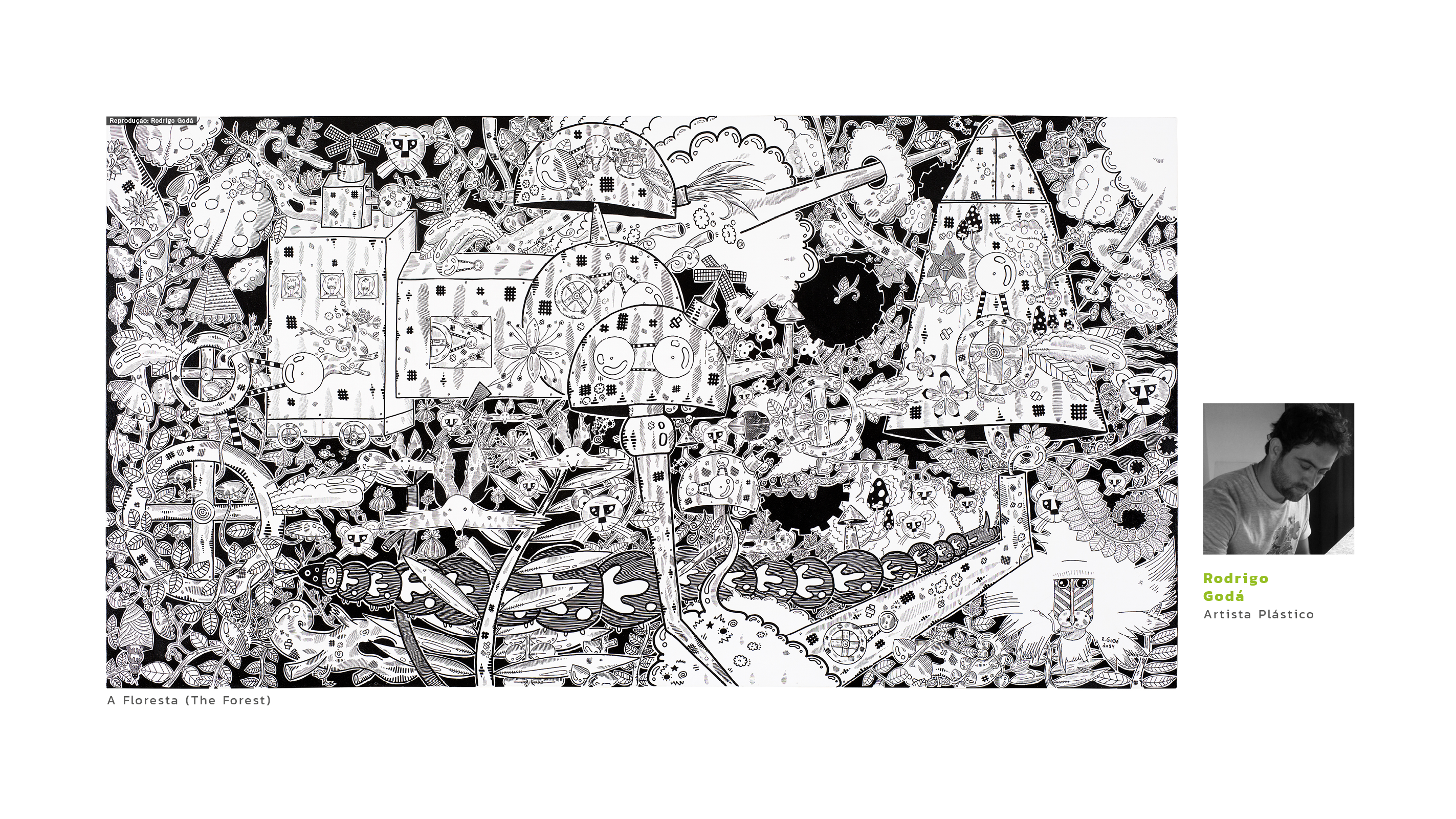
The 2nd TRANSTEC mobilizes and is inspired by the creativity and the derivations of meanings of the work of the artist R. Godá on technical objects and living beings. Based on the Brazilian Savanna (the Cerrado), as our research group, a region marked by successive technical transformations, he deals with contaminations between animals, plants and machines, launching a necessary reflection on such imbrications. Machines fertile in plants and gears inhabited by animals compulsively trigger tensions between the urban and the rural, the erudite and the popular, the ludic and the critical. Godá’s “Tropical Surrealism” has been exhibited in Latin America and Europe and is part of the collection Museum of Modern Art in Rio de Janeiro – Gilberto Chateaubriand Collection. The Forest challenges us here about the unpredictability and the alternatives of the relationship between life and technology today.
